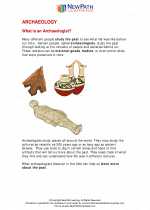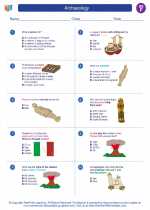Michigan: The Great Lakes State
Michigan is a state located in the Great Lakes and Midwestern regions of the United States. It is the 10th most populous state and the 11th most extensive state in the country. Michigan is known for its diverse geography, including the Great Lakes, forests, and urban areas.
History
Michigan's history is rich and diverse, starting with its indigenous peoples, including the Ojibwe, Odawa, and Potawatomi tribes. European exploration and settlement began in the 17th century, with the French establishing the first permanent settlement at Sault Ste. Marie in 1668. Michigan later became part of the United States after the American Revolution and played a significant role in the growth of the automotive industry in the 20th century.
Geography
Michigan is divided into two land masses known as the Upper Peninsula and the Lower Peninsula. The state is surrounded by four of the five Great Lakes, which greatly influence its climate and economy. Michigan's landscape includes forests, farmland, and urban areas, making it a diverse and picturesque state.
Economy
Michigan has a diverse economy with a strong emphasis on manufacturing, technology, and agriculture. The state is famously known as the birthplace of the American automotive industry and is home to the "Big Three" automobile companies: Ford, General Motors, and Fiat Chrysler Automobiles. Additionally, Michigan is a major producer of fruits, vegetables, and dairy products.
Government and Politics
Michigan's government is divided into executive, legislative, and judicial branches, with the governor serving as the chief executive. The state legislature consists of the House of Representatives and the Senate. Michigan is also known for its active political landscape, with a history of influential political figures and a diverse electorate.
Study Guide
- What are the two land masses of Michigan called?
- Which tribes were indigenous to Michigan?
- What industry is Michigan famous for?
- Which Great Lakes surround Michigan?
- Who is the chief executive of Michigan's government?
By studying and understanding the history, geography, economy, and government of Michigan, you can gain a comprehensive understanding of the Great Lakes State and its significance in the United States.
[Michigan] Related Worksheets and Study Guides:
.◂Social Studies Worksheets and Study Guides Sixth Grade. Archaeology

 Worksheet/Answer key
Worksheet/Answer key
 Worksheet/Answer key
Worksheet/Answer key
 Worksheet/Answer key
Worksheet/Answer key
 Worksheet/Answer key
Worksheet/Answer key
